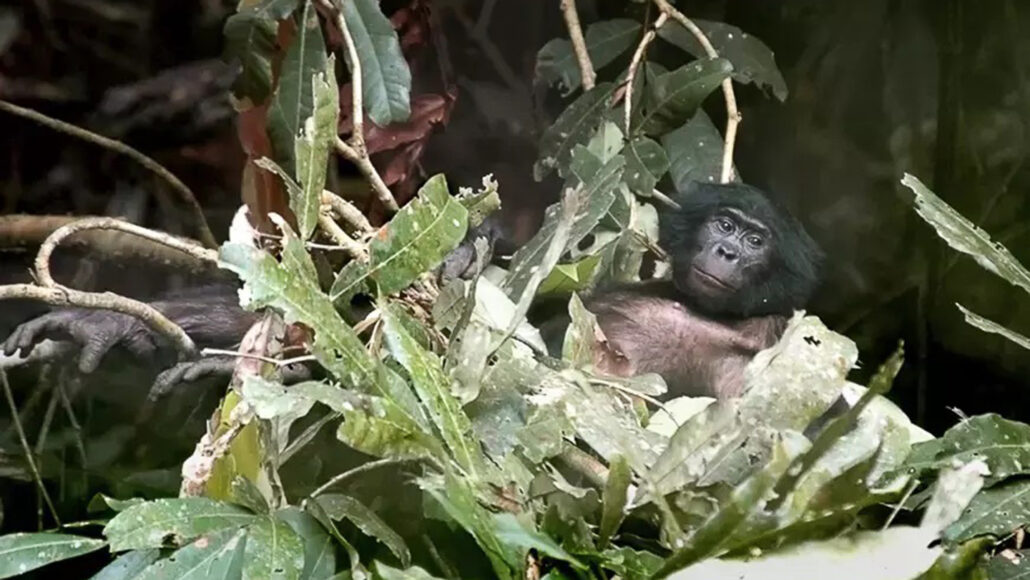HOME
Climate change may be leading to overcounts of endangered bonobos

Climate change is interfering with how researchers count bonobos, possibly leading to gross overestimates of the endangered apes, a new study suggests.
Like other great apes, bonobos build elevated nests out of tree branches and foliage to sleep in. Counts of these nests can be used to estimate numbers of bonobos — as long as researchers have a good idea of how long a nest sticks around before it’s broken down by the environment, what’s known as the nest decay time.
New data on rainfall and bonobo nests show that the nests are persisting longer in the forests in Congo, from roughly 87 days, on average, in 2003–2007 to about 107 days in 2016–2018, largely as a result of declining precipitation. This increase in nests’ decay time could be dramatically skewing population counts of the endangered apes and imperiling conservation efforts, researchers report June 30 in PLOS ONE.
“Imagine going in that forest … you count nests, but each single nest is around longer than it used to be 15 years ago, which means that you think that there are more bonobos than there really are,” says Barbara Fruth, a behavioral ecologist at the Max Planck Institute of Animal Behavior in Konstanz, Germany.
News Source